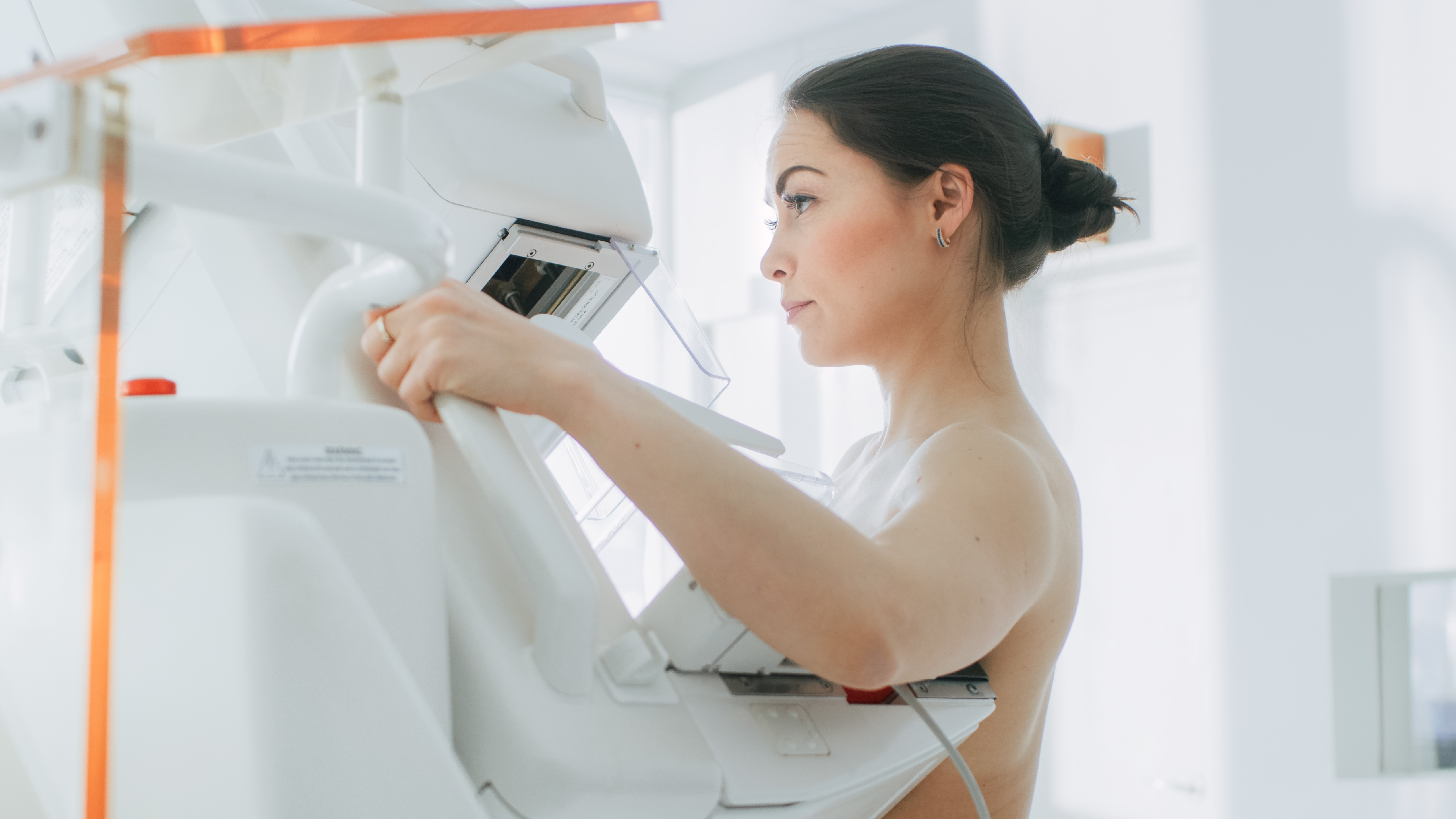Breast Cancer is one of the most common cancers found in the world. It is characterized by lumps or other changes in a person’s breast. These changes can be as simple as the nipple suddenly becoming inverted, changes in the skin over the breast, thickening of the breast tissue, or peeling and can lead to a full mastectomy if not caught early. Although this cancer can be found in both males and females, it is more commonly found in females. According to the U.S. Breast Cancer Statistics, “1 in 8 U.S. women will develop invasive breast cancer over the course of her lifetime”. That is about 12 percent of the females in the country. In men, about 1% are diagnosed with invasive breast cancer. Breast cancer is not only common in females but is also responsible for more deaths than any other type of cancer.
As awareness and research funding becomes available, survival rates and diagnosis rates have increased across the country. Because of the research being done, patients suffering from breast cancer are being diagnosed earlier, giving them more chances at recovering. Research is also bringing a better understanding of the disease itself which may lead to new non-invasive treatments in the future. Currently, detecting the cancer early on can prevent patients from having to undergo chemotherapy. Instead, immediate treatment can be done with surgery, radiation, or both.
According to the American Cancer Society, the best ways to protect yourself from breast cancer are to watch your weight, exercise regularly, limiting your time spent sitting, limiting your alcohol consumption, and avoiding hormone replacement therapy. Alongside these methods, and probably the most important thing that you can do, is doing self-screenings and getting a yearly mammogram screening. Self-screening can include being hyper-aware of any changes in your breast and reporting it to your doctor when noticed. If you notice any abnormalities in your tissue around your breast such as lumps, peeling, changes in school color or texture, contact your primary care physician to get a mammogram scheduled. It is strongly recommended to get a yearly mammogram screening once you turn the age of 40 but according to the Cleveland Clinic, you can begin getting screenings at the age of 25 if any of the symptoms are noticed. With a yearly mammogram screening and self-monitoring at home, diagnosing breast cancer early on and being able to treat it without using chemotherapy may become the new normal.

